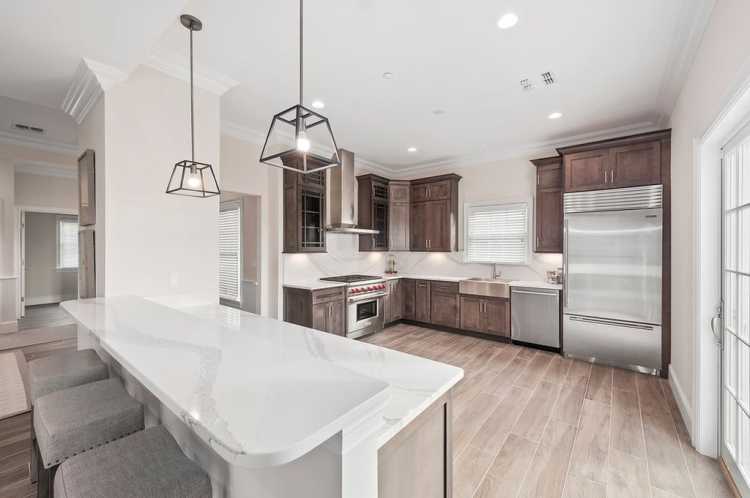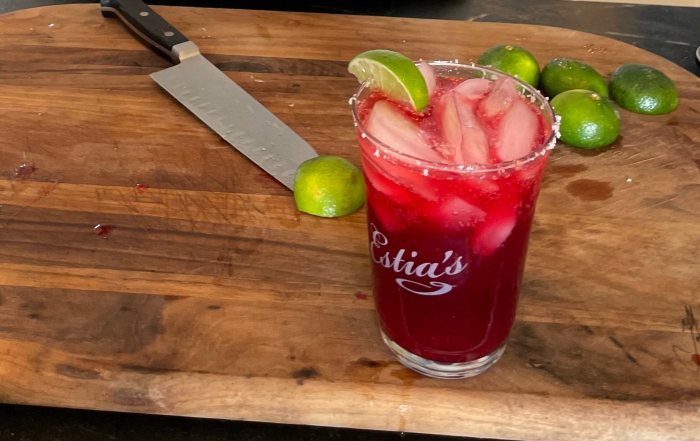The five East End towns now have the authority to create a Peconic Bay Region Community Housing Fund Act that will give them the ability to raise money for affordable housing in a similar way to how money is raised for the successful Community Preservation Fund. Governor Kathy Hochul signed the bill into law on Friday.
Assemblyman Fred W. Thiele Jr. has been working on this issue for almost 20 years, though getting legislation that would specifically help the East End was an uphill battle. The impact on the local housing market during the pandemic, when “real estate has been on fire,” he says, expanded the momentum of support that has been built over the recent years.
“I think as long as I’ve been involved in government and politics on the East End affordable housing has been a major issue and the pandemic only exacerbated it and brought it to crisis proportions,” he says.
The Peconic Bay Community Preservation Fund, which Thiele created more than 20 years and collects money from a 2% real estate transfer tax, has more than doubled in the last 12 months, generating $250 million. “It’s very hard for local families. So many want a second home that it’s making it unaffordable for people to buy a first home here,” Thiele says. “The timing of this was very good,” he adds.
A sister bill of the CPF, the housing act will raise money for affordable housing with a half-percent addition to the existing fund.
“Back in 2002, we had public hearing on affordable housing and issued a report and this bill was introduced almost immediately,” he said during a call on Tuesday. However, there was “not a lot of interest in the Senate,” and the bill went nowhere until 2019 when a similar proposal passed both houses.
While it passed both the assembly and the Senate in 2019, the bill being vetoed by then-Governor Andrew Cuomo amid a budget shortfall to send a message, Thiele says, about not increasing taxes.
The current legislation again passed both houses earlier this year. Governor Hochul called for the bill in September, shortly after she took office, at a time when the governor’s office was very focused on housing issues. Town leaders signed a letter in an effort to make a compelling case for the legislation.
“Governor Hochul is committed to making housing more affordable across New York,” according to a spokesperson on Tuesday. “This new law will allow the Peconic Bay towns to create community housing funds, a major step to expand housing affordability on the East End.”
“I wish we had been able to get this authority to the towns earlier,” Thiele says. “Even if it had been signed in 2019, $50 million would have been generated in the last 18 months.”
Now the ball is in the court of the towns in East Hampton, Southampton, Riverhead, Shelter Island and Southold.
“The best part about this bill is it doesn’t just provide the funding but allows the towns to build new stock and give them the tools to make the existing stock more affordable,” Thiele says.
A sister bill of the Community Preservation Fund, the procedures are also somewhat similar. Each town will have to prepare a community housing plan that will outline for the public how the municipality will use the fund.
“The good news on that, at least on the South Fork, the towns have been working on housing plans and housing initiatives. They are in a good position to put that plan together,” he says.
Next, each town will have to pass a local law that will create the fund and impose the tax. It is subject to a mandatory referendum.
Of course, there is no time to get on the ballot for this November’s general election. Thiele says the towns can choose to hold a special election sometime before November 2022’s general election, but that is not his recommendation due to low voter-turnout for special elections. “Look at school board elections, if you get 15 to 20% to turn out that’s a lot,” he says.
“My recommendation would be to do it next November,” he says.
Since it is going to take some time to create the housing plans and create these local laws, Thiele says the municipalities should use the time for public outreach, which he feels is critical to make this program a success.
Email tvecsey@danspapers.com with further comments, questions, or tips. Follow Behind The Hedges on Twitter, Instagram, and Facebook.






















